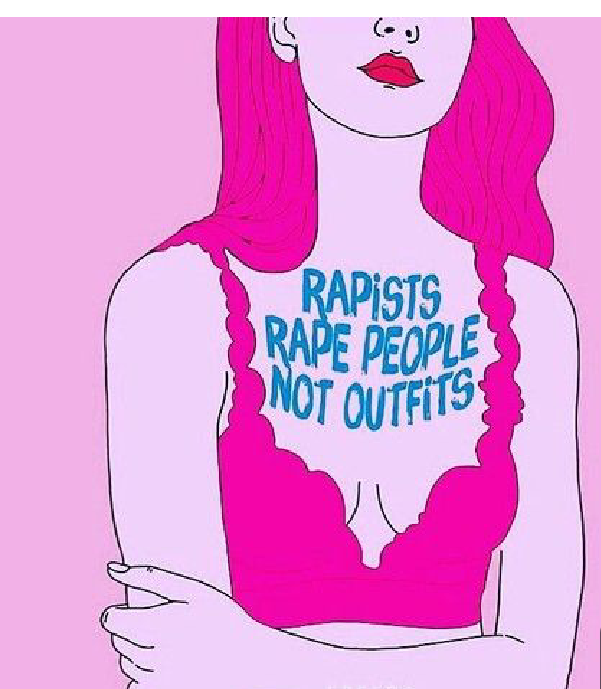
After a sexual assault, survivors may feel their bodies are not really their own. Survivors often report feelings such as shame, terror, and guilt. Many blame themselves for the assault.
Due to the trauma and negative emotions linked to sexual abuse, survivors may be at risk for mental health conditions. Survivors of sexual abuse may develop:
- Depression: This is where the victim gets feelings of hopelessness or despair. It may also reduce one’s sense of self-worth. Depressive feelings may be mild and fleeting, or they can be intense and long-lasting.
- Anxiety: This is where survivors may fear the attack could happen again. Some may experience panic attacks. Others may develop agoraphobia and become afraid to leave their homes. In some cases, a survivor may develop a chronic fear of the type of person who harmed them. Someone who was raped by a tall, fair-haired man with blue eyes may instinctively dislike, mistrust, or fear all men who match that description.
- Posttraumatic stress(PTSD): Someone who survived sexual assault may experience intense memories of the abuse. In some cases, flashbacks may be so disruptive they cause a survivor to lose track of surroundings. A person may also develop a related condition called complex posttraumatic stress (C-PTSD). C-PTSD yields a chronic fear of abandonment in addition to symptoms of traditional PTSD. Some people with C-PTSD also experience personality disruptions.
- Personality disruptions: Sexual abuse can sometimes result in personality disruptions such as borderline personality. The behavior linked with personality disruptions could actually be an adaption to abuse. For example, a characteristic of borderline personality is a fear of abandonment. That fear might not be adaptive in adulthood. Yet avoiding abandonment might have protected someone from sexual abuse as a child.
- Attachment issues: Survivors may find it challenging to form healthy attachments with others. This is especially true among children who have been abused. Adults who were abused as children may have insecure attachment patterns. They could struggle with intimacy or be too eager to form close attachments.
- Addiction: Research suggests abuse survivors are 26 times more likely to use drugs. Drugs and alcohol can help numb the pain of abuse. Yet substance abuse often leads to the development of different concerns.
Sexual abuse does not only leave psychological scars. It can also have long-lasting health consequences. Some survivors experience sexual dysfunction and fertility issues. Others may develop sexually transmitted infections. Contrary to myth, it is possible for a sexual assault to result in pregnancy. Most data suggests that women experience mental health problems at rates significantly higher than men. It’s easy to chalk this up to hormones, or to something unique about the female brain. Yet there’s a more obvious culprit here: women live in a society that continually exposes them to trauma and reminds them of their supposed inferiority. Research has repeatedly linked exposure to discrimination to stress and mental illness.
PGIO’s mission is to create awareness and prevention of the occurrence of rape cases and a vision to champion the interests of rape survivors with its resources and existing service delivery. Counselling services are considered a luxury since it is expensive and is not covered by insurance in Kenya and therefore PGIO calls upon Donors and Well-wishers to assist rape survivors to acquire mental health assistance. If you wish to assist, Please Scroll down to the DONATE Button or email us on info@protectagirlsimage.org
By Caroline Wangechi.
Pingback: 6 Tips on How to Nurture a Child's Mental Health. | Protect A Girls Image